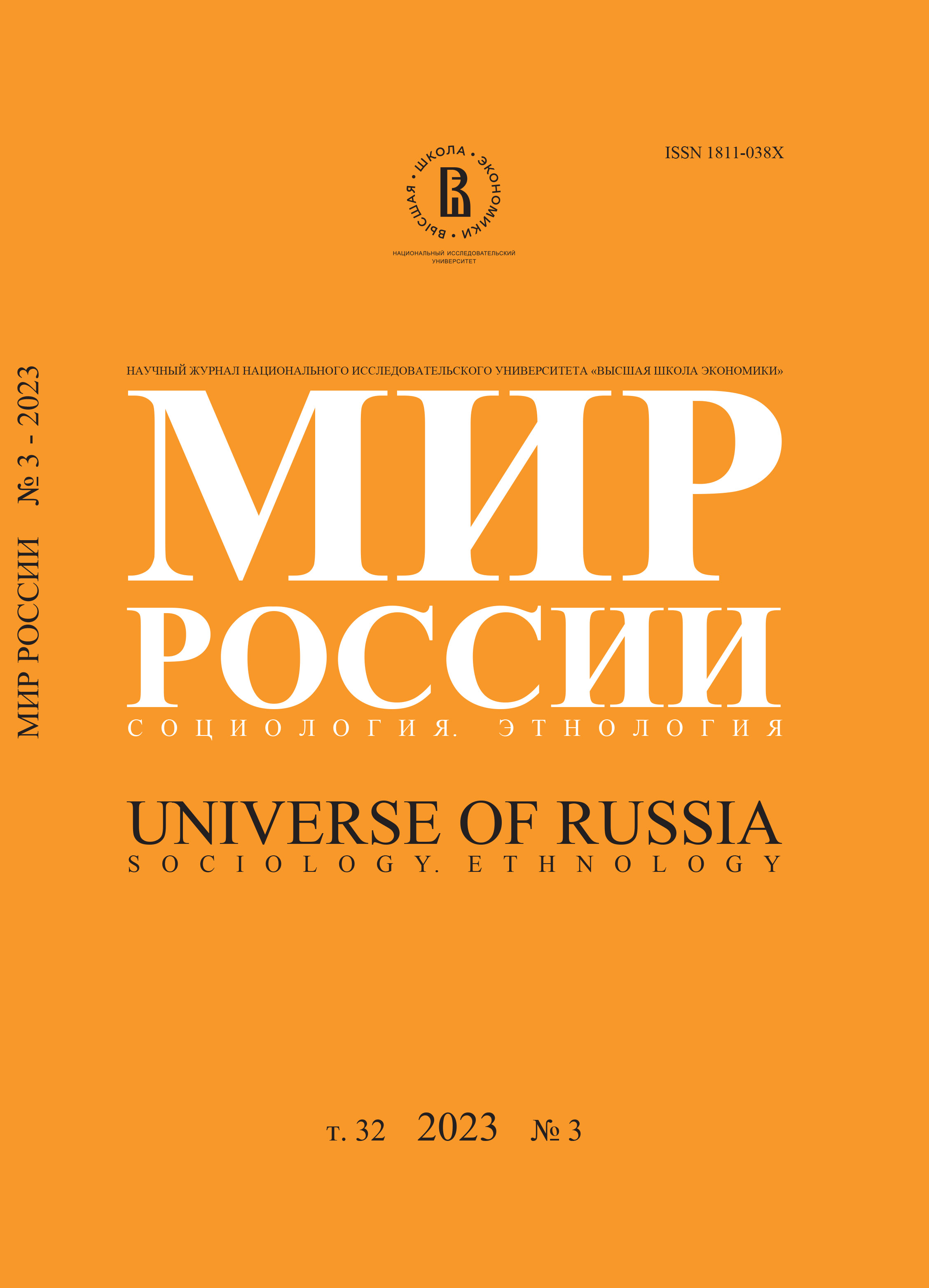Applied Aspects of Lacuna Theory
Abstract
Lacuna research directs its attention to gaps in understanding that may occur in areas of intercultural communication. By revealing and explaining these gaps, lacuna research has the potential to optimize all areas of intercultural communication. In comparison with dimensional approaches—such as Gert Hofstede’s theory, Charles Hampden-Turner and Fons Trompenaars’ theory, Alexander Thomas cultural standards, and Erin Meyer’s map of cultural differences—lacuna theory analyzes cross-cultural interactions at the micro-level. Originally developed and still widely used as a linguistic instrument, lacuna theory can also be applied to empirical investigations in social research. This paper focuses on the applied aspects of lacuna theory, from more established applications such as translation studies and foreign language pedagogy
to suggestions for new applications such as film studies and international management.






